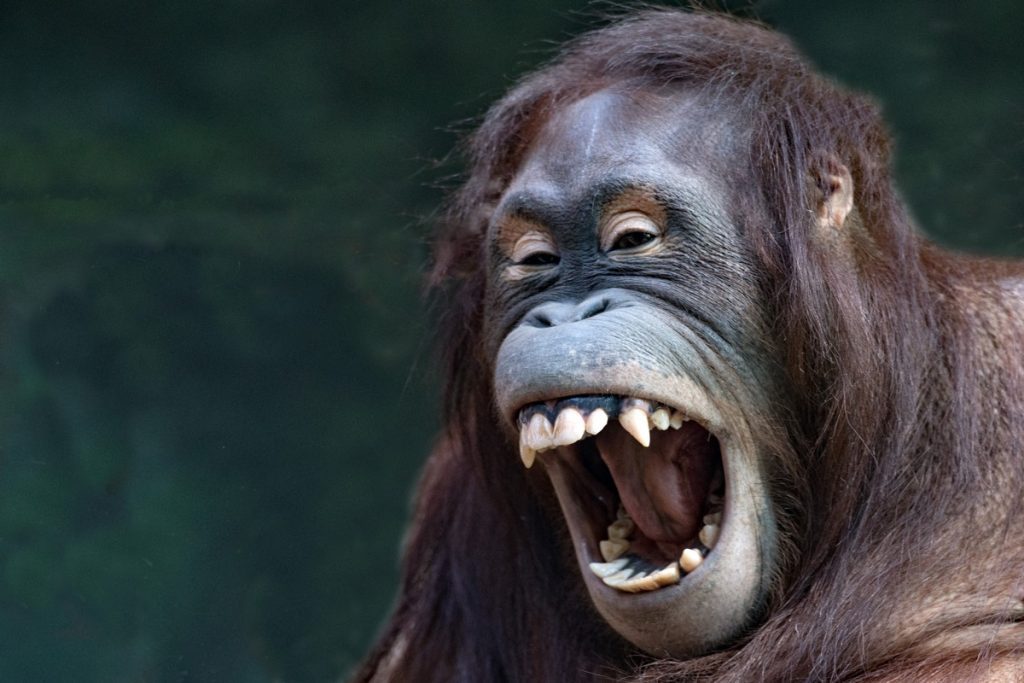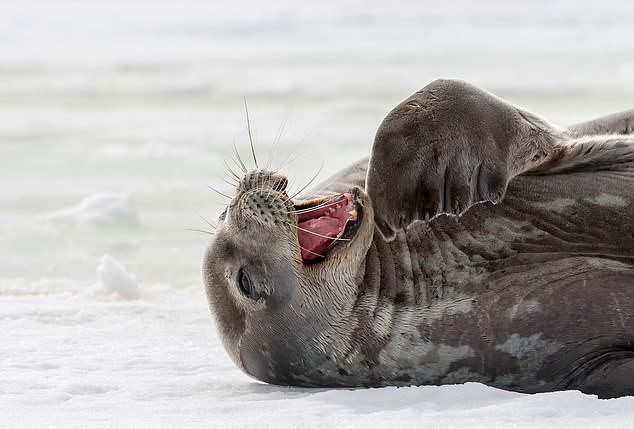Research Reveals Animals Laugh Too

People bond and connect when they laugh together. Though laughter has many causes, it is easy to recognize its sound even between people from different cultures. What about other animals; do they laugh, and is the trigger of their laughter similar to that of humans?
Typically, among human’s laughter is an expression of feelings. It shows positive emotions such as enjoyment and sometimes negative feelings like disgust. Humans also laugh at funny things, including jokes.
Two researchers, UCLA professor of communication Greg Bryant and UCLA anthropology graduate student and primatologist Sasha Winkler, investigated the laughter phenomenon across the animal kingdom. They published their findings in an article in the Journal of Bioacoustics. They scrutinized current scientific literature about animal play behavior, searching for vocal play signals mentions or what can be assumed as a form of laughter. They found that at least 65 species of animals were documented to have such behavior. These animals include domestic dogs, cows, primates, seals, mongooses, seals, and bird species, including Australian magpies and parakeets.

Bryant asserts how their work outlines how a phenomenon that was once thought to be specifically only for humans turned out to be tied closely to that shared by species that were detached from humans’ tens of millions of years. The researchers sought to establish play sound features by searching for information on how the animal vocalizations were recorded, including whether low pitched or high-pitched, loud or quiet, rhythmic patterns or single call, and whether noisy or tonal.
Winkler states that when humans laugh, they often pass the information to other people they invite to join them. He proceeds that scholars have proposed that this vocal behavior is shared among multiple animals. Thus laughter is the human form of a vocal play signal that is evolutionarily old.
The researchers write that by focusing on other species, we can understand human laughter and human social behavior evolution.
